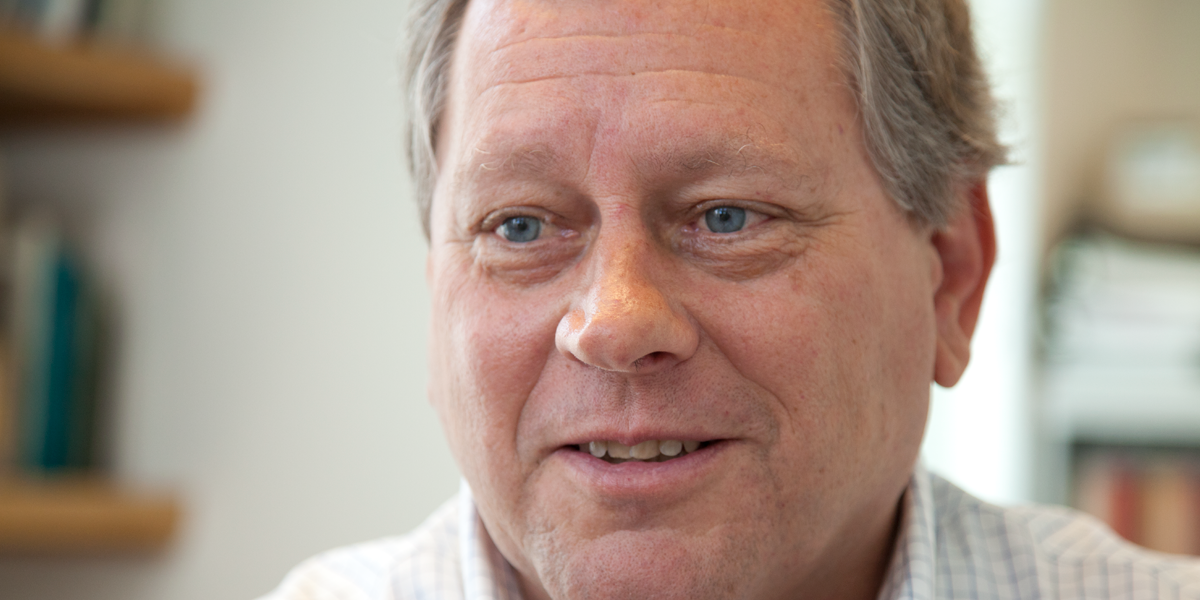Necessarily agile
In 2015, Web Cavenee handed over the reins of Ludwig San Diego to a new director and took on a new role as Ludwig’s director of strategic alliances in central nervous system cancers.
Web Cavenee has over the past three decades contributed immensely to our understanding of the molecular drivers of glioblastoma multiforme (GBM), an aggressive and highly adaptive brain cancer. His characterization of a mutant epidermal growth factor receptor—EGFRvIII—and its role in GBM have put Ludwig’s San Diego Branch on the map as a leading center of brain cancer research. Cavenee also helped lead a team of Ludwig researchers that developed a uniquely targeted antibody against EGFRvIII, which is the mutant form of the receptor most frequently found in GBM tumors. The drug company AbbVie has since “armed” the antibody with a toxin to turn it into a guided missile against GBM cells and taken it into clinical trials.
In 2015, Cavenee handed over the reins of Ludwig San Diego to its new director, the equally accomplished cancer geneticist Richard Kolodner, and took on a new role as Ludwig’s director of strategic alliances in central nervous system cancers. He has been as busy as ever in this new role, joining a global team of researchers last year to announce the launch of a new kind of clinical trial to find effective therapies for GBM.
Named GBM AGILE, it will involve more than 130 clinical and laboratory researchers from the US, China, Australia and Europe. Unlike typical clinical trials, GBM AGILE is devised to permit researchers to not only tailor their treatments to the molecular profiles of GBM tumors but also to drop failed treatment strategies in midstream and apply new ones as new information about the cancer and its treatment comes to light. This applies to the various arms of the trial itself as well as to individual patients.
Cavenee will help lead GBM AGILE with Anna Barker of Arizona State University and Al Yung of MD Anderson Cancer Center. The trial, which is expected to begin enrolling patients by mid-2016, will apply Bayesian statistics to interpret the data it collects. Its primary aims are to test more individualized combination therapies for GBM and to begin validating novel biomarkers to guide such treatment—an effort that will be led by Ludwig San Diego’s Paul Mischel.
